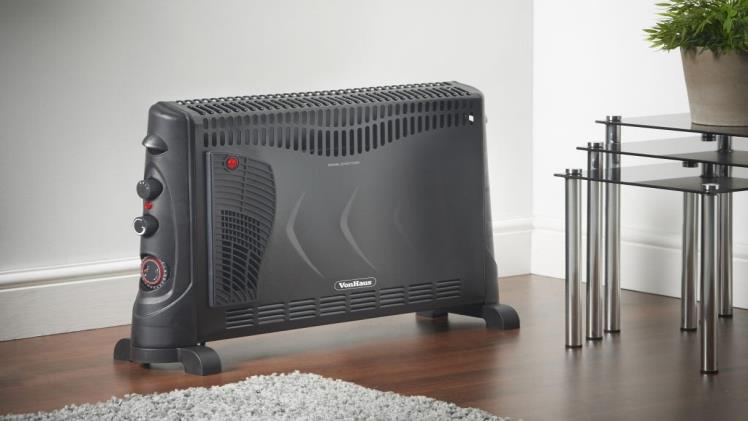Understanding the Basics
The UK’s chilly winters often drive the need for an efficient, cost-effective heat source. Two of the most common methods used to heat British homes are radiators and electric heaters. Each has its own set of advantages and disadvantages which could affect the heating effectiveness, utility costs, and environmental impact.
Radiators: Pros and Cons
Radiators, part of a central heating system, use hot water to distribute heat throughout a property. Radiators provide consistent, whole-house heating, making living spaces feel comfortable during the cold seasons.
One advantage of radiators is cost-effectiveness. While the initial set-up might be costly, the operating cost is generally lower than electric heaters when it comes to heating entire houses. Another benefit is that radiators warm-up large areas evenly and keep the temperature constant over a long period.
On the downside, radiators take a longer time to heat up. It also requires a boiler, which is a separate, bulky storage tank. A boiler wants regular maintenance to keep it functioning optimally and safely. Lastly, placement of radiators can also restrict room layout as they are generally installed along walls.
Electric Heaters: Pros and Cons
Electric heaters, on the other hand, are standalone units that generate heat using electricity. They are often used as an additional heat source in spots that lack sufficient warmth or in homes lacking a central heating system.
The main appeal of electric heaters is their convenience. They are portable, easy to install, and require minimal area. Electric heaters also heat up quickly, which makes them ideal for instant heat needs. Another advantage is the direct control. Each heater can be controlled individually, letting you set different temperatures in different rooms.
The primary disadvantage of using electric heaters is the cost. Electric heating tends to be more expensive than gas heating over the long run, particularly when used for whole house-heating. They can also be less energy-efficient, which can contribute to higher carbon emissions.
Making the Right Choice
In comparing radiators vs. electric heaters, there are several factors to keep in mind. You should consider the size of the place to be heated, the initial installation cost and long-term operating cost, and the environmental effect. It’s also critical to think about how heat is distributed and the level of heat control needed.
In a nutshell, if you prioritize whole-house heating, energy efficiency, and long-term cost savings, a radiator might be your best choice. But if you need quick, spot heating with easy installation and direct temperature control, an electric heater could be the smarter option.
Ultimately, the choice between a radiator and an electric heater depends on your unique needs, preferences, and circumstances. Evaluating your requirements thoroughly and understanding the pros and cons of each option can help you make an informed decision for your home heating system.

